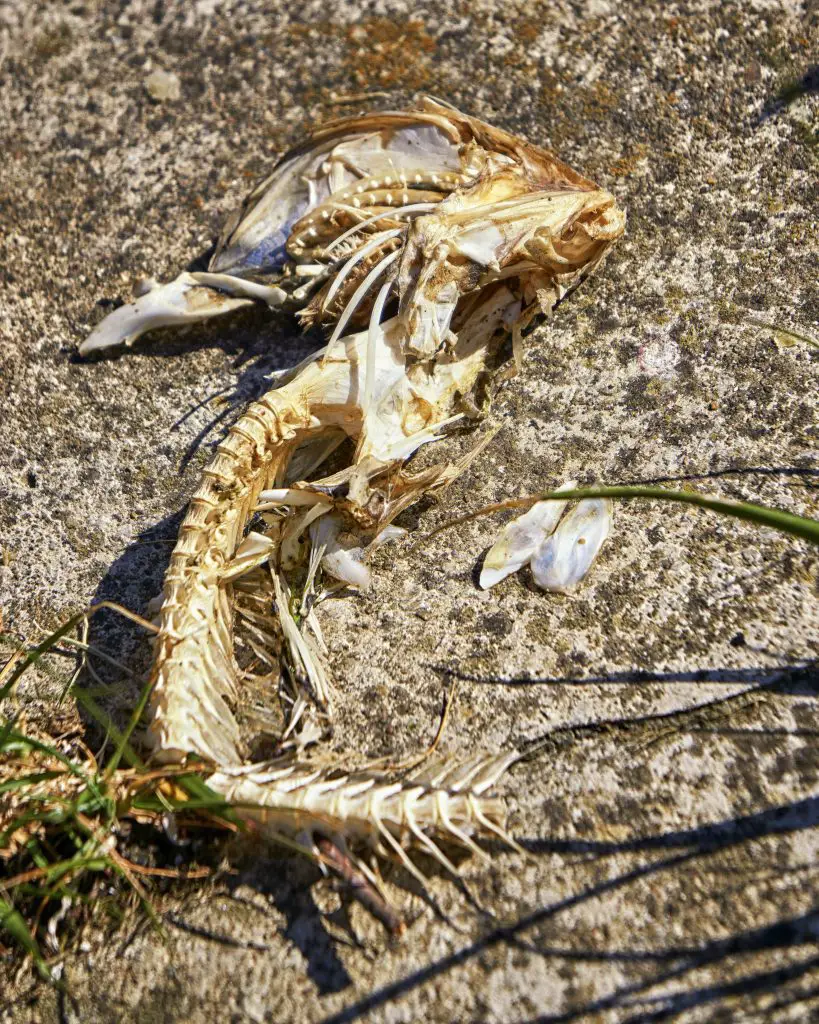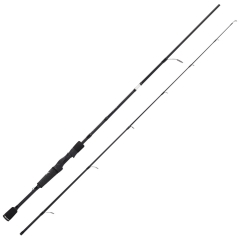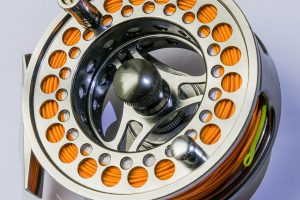Once the catfish dies, it takes between seven and ten days to decompose or break down fully. Within ten days, the fish’s body will start to decompose and form a gas. The gas can then make the fish float for a few days until it dissipates, and the fish decomposes slowly.
As catfish are denser than water, they typically sink right after death, but the bacterial decomposition might make them float for a while. After that, when the corpse is filled with gas. It eventually decomposes and vanishes in the water.

What Happens When a Catfish Dies?
When a fish dies in the water or the tank, it goes underneath as the body is denser than the water. However, as bacterial decomposition eventually starts, gas forms inside the dead body. As a result, the gas makes the corpse float in the water after a while. Once the gas is released, the body goes back under the water and decompensates. The whole decomposition takes about ten days to complete. After that, the decomposition will cause the body to become buoyant. The decomposing period may last for a few days and may be controlled by different factors like the environmental or aquarium conditions. Although it usually takes a week to ten days, in some cases, it might take longer than that.
Can Dead Catfish Disintegrate?
You might see that the fish’s body has started to disintegrate after a few days. This is a natural process due to the bacterial decomposition that starts inside the body once it’s dead. The decomposition creates gas, and when it is out, it decomposes and eventually disappears.
When a catfish dies, it begins to decompose. The first thing that happens is it loses body heat. This happens because the muscle fibers have been broken down by enzymes and are no longer contracting. The second thing that will happen to your catfish is its skin will become discolored and begin to smell. This is because bacteria have begun to break down the flesh of the fish, which causes the skin to change color.
The third thing that will happen to a catfish after it dies is that its organs will liquefy and ooze out through its mouth and gills. The organs will liquefy because they are high in protein content and because they contain enzymes that break down fats, carbohydrates, proteins, and nucleic acids into smaller components like amino acids or sugars so that bacteria can use them as food sources for growth or reproduction purposes.
As a side note, if you want to avoid this happening with your dead catfish, then keep it frozen at below 0 degrees Celsius (32 degrees Fahrenheit) before cooking or eating it unless you plain on preparing and eating it soon after it dies. You do not want it to get in the danger zone for bacteria grow, which is above 40 degress.
The catfish corpse will decompose fastest in the summer and slowest in the winter. The time it takes for a body to decompose will depend on several factors, including the type of water (pond vs. river) and weather conditions (hot vs. cold).
Summer: In warmer temperatures, bacteria have more energy for breaking down matter; therefore, you’ll see an increase in bacterial action. This means that catfish corpses will decay faster during this season than in any other season.
Effects on the Ecosystem
The dead body of a catfish has an effect on the ecosystem. The decomposition of the dead body provides nutrients for plants and animals in the ecosystem. But sometimes, there are situations where the dead body is left on the ground, which can cause health problems to humans, crop damage, or disease outbreaks among livestock.
Catfish decomposition will create ammonia gas, which can be poisonous to other fish. However, the carbon produced from decomposition can be useful for plant growth. Also, decomposition can impact the global carbon cycle by influencing plant growth with the availability of nutrients.
The corpse of the dead fish gets washed up on the riverbanks. When we say that they work as nutrients, the nitrogen created from decomposition is the key element that saves the plants. Many scientists use dead fish as a fundamental health supplement for the trees to keep the food cycle going. Decomposition is important for nature as it balances the ecosystem and deals with the corpse. If the body didn’t break down, the natural food cycle would disrupt its balance. However, if the nitrogen production is too much, it will over-fertilize the salt marshes. Therefore, it will take more time to compose salt marsh plants, causing an imbalance in the natural ecosystem.
What Affects Catfish Decomposition?
Several factors work behind the decomposition. Whether the fish will decompose fast or not will be defined by these factors. Some of the prominent factors are:
Temperature: The temperature of the water affects the fish’s decomposition. So, if the catfish is in cold water, it may take longer to break down, but, on the other hand, when it is in warm water, it will decompose faster. That’s why the decomposition relies on the timing of nature. As the water remains warm during the summer, the fish decompose faster during the summertime, but during the winter period, the decomposition slows down.
Environment: This is another vital fact in terms of fish decomposition. In areas where there are more algal blooms, bacteria, and fungi growth, the decomposition happens faster in such areas.
Aeration (oxygen levels): If there is ample oxygen supply in the water, it will be beneficial for decomposition. Oxygen is a vital decomposition factor that influences the rapidity of breaking down. Increased oxygen supply means increased bacterial activity, meaning the fish will take less time to break down.
Direct sun exposure: It can influence the breaking down of a dead catfish. If the sun exposure is ample, then the water will remain warm. As a result, the increased temperature will influence decomposition.










